The Hawaii Legislature has approved game-changing vacation rental legislation. As a result, each island county in Hawaii ha gained significant control over short-term vacation rentals. That follows the successful passage of Senate Bill 2919. The bill, which encountered fervent debate, was approved in the state Senate by a nearly unanimous vote and now awaits Governor Josh Green’s signature, which he has already promised is forthcoming.
Previously highlighted by us as a pivotal development amid simultaneous and escalating housing and tourism crises, this legislation is a decisive shift in moving vacation rentals from state to local control. It allows counties to choose to phase out vacation rentals in Hawaii entirely for the first time.
The move purports to address the critical housing shortage and the displacement of residents and claims that the decades-long surge in Hawaii vacation rentals has exacerbated these issues.
The bill’s passage represents a significant victory for community groups like Lahaina Strong, who have advocated for converting vacation rentals into local housing. Governor Green has expressed his support for the bill, emphasizing that it will enable people to access housing again, a sentiment he reiterated during a recent meeting with members of Lahaina Strong in Honolulu.
Despite very strong backing overall, it was not without any dissenters. Three senators voted no, as did five representatives in the House. Their concerns included, as others have indicated, potential unintended consequences. Opposition to the bill underscores the complexities of balancing local housing needs with those of a waning Hawaii tourism sector, which has historically relied successfully on short-term rentals as one of its key features.
Those in favor of the bill have argued successfully that empowering counties to regulate these rentals will allow for more appropriate and nuanced local approaches to housing and tourism.
Others, however, include our readers who expressed opposition vehemently in well over 200 comments on the topic state adverse effects on tourism and upcoming legal challenges regarding the measure’s constitutionality will abound.
As we await Governor Green’s imminent signing of the bill into law, Hawaii is again poised to begin a new era. This legislation has the potential to transform both Hawaii’s tourism and housing. It promises relief for residents but will signal a period of unknown, legal contention, and ongoing adjustments.
As we continue to monitor this landmark change, we invite you to share your perspective and experience. How will these changes affect you? Please join the conversation as we follow the implications of this historic change in Hawaii.
Beat of Hawaii lead photo at Poipu Beach, Kauai, where many Hawaii vacation rentals are located.
Get Breaking Hawaii Travel News
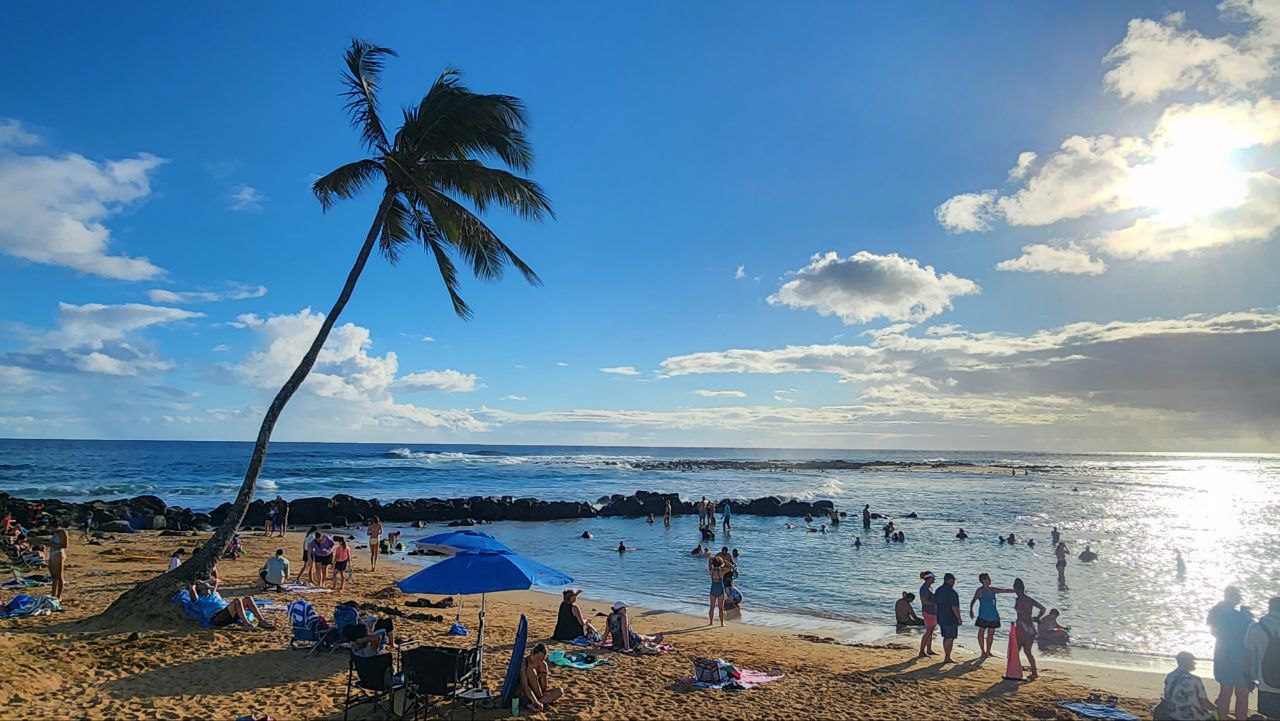


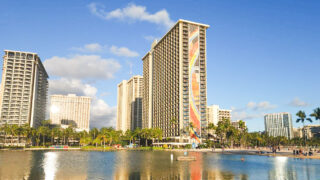
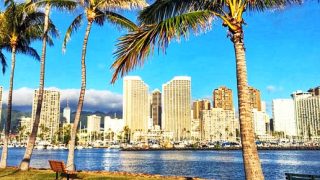
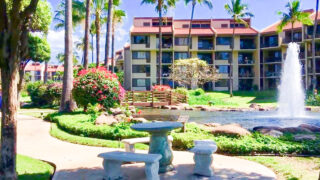
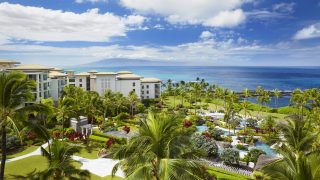
I am confused. I have rented 2 condo units in maui on kaanapali Beach. I booked thru Emerald Kite for August will this be impacted by the ban.